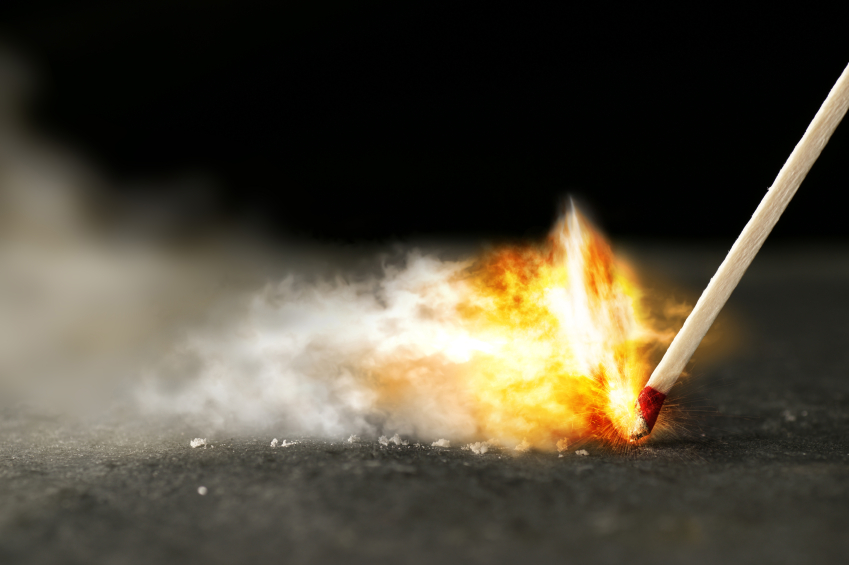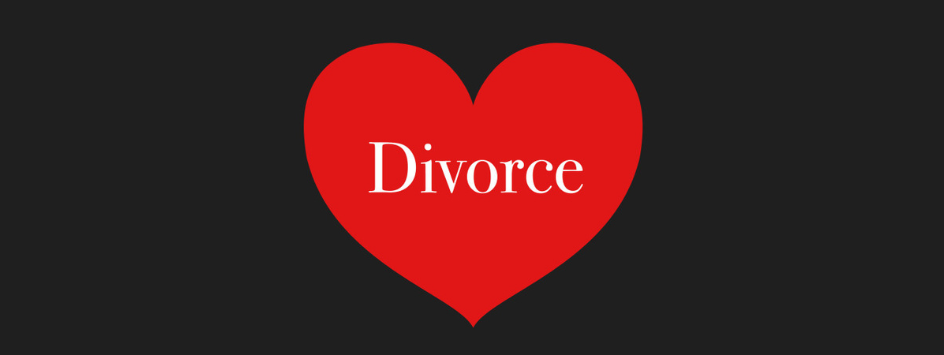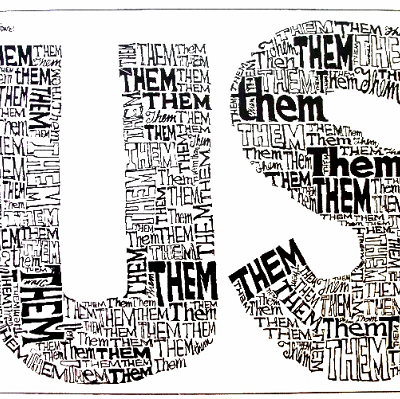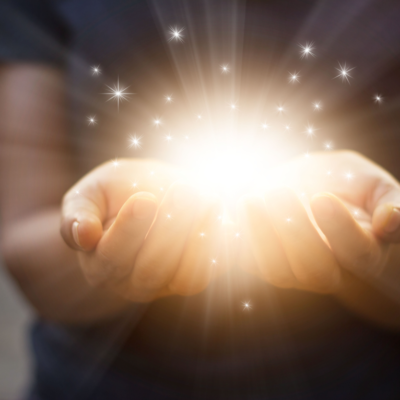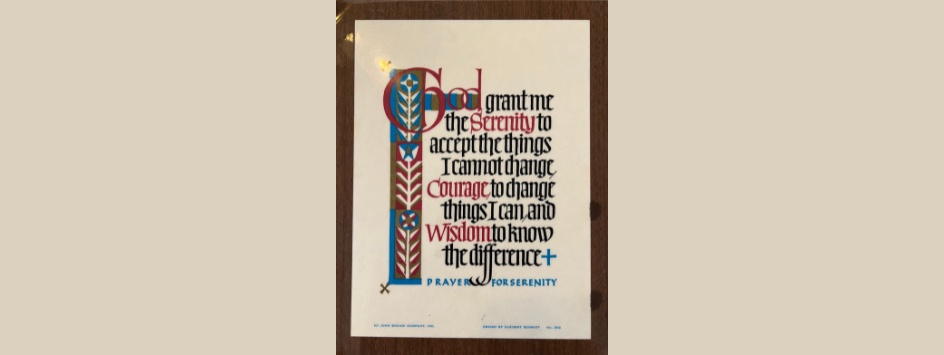What was different about the killing of George Floyd that has given rise, finally, to the indignation of the collective? We watched, for nearly 9 minutes, as a white policeman nonchalantly knelt on the neck of this man who was helplessly pleading for his life. The officer had his hand in his pocket, was looking directly at the camera, knew he was being filmed, and he didn’t care. He wasn’t worried that he would be held accountable. George’s life clearly wasn’t valuable in his eyes. And three other offices just let it happen. Participated. How???!!!!
That tragic event shook many of us to our core and has, finally, woken us up to the injustice and lies that the Black community has been living with for decades. Suddenly, our eyes are open. We can see it. We’re listening and we’re learning.
Books about race are flying off the shelves. Many of the top sellers are back-ordered, including: How to Be an Antiracist, Between the World and Me, White Fragility and more. You can get the audio or digital versions until the stock is replenished.
Netflix has created a Black Lives Matter Collection of 45 films and TV shows on racial injustice and the Black experience in America.
One documentary,13th, that my family and I watched last night, tells the story of the mass incarceration of Black men and how “getting tough on crime,” “law and order,” and the “war on drugs” are code for racial control; essentially, an extension of slavery. The criminalization of African Americans has led to a massive U.S. prison boom. Today, 25% of the world’s prisoners are locked up in “the land of the free,” even though the U.S. population only represents 5% of the global population. I highly recommend this documentary.
The spark that has lit a fire must continue until it is a raging inferno that burns away the systemic and insidious sins of the United States against our Black brothers and sisters.
Concepts that were fringe ideas just three weeks ago are becoming mainstream. For many of us, it is now clear that the police system in the U.S. is broken beyond repair. We should be spending our tax dollars on alternative and more appropriate community support and safety systems.
There is so much to do it can feel overwhelming. In recent history, there have been other moments of heightened awareness that faded into the background. This time feels different. It’s possible we have an opportunity for real change.
Many corporations have come out with strong statements of support for the Black Lives Matter movement. Despite empty promises of yesterday and a healthy dose of skepticism, there is a bigger fire for change burning today that can make this moment a turning point for racial equality.
In Tre Johnson’s Washington Post editorial, When black people are in pain, white people just join book clubs, he talks about his lifelong experience with racism and frustration with well-meaning efforts by his white friends and colleagues that don’t lead to change.Tre makes a point that reading and talking about the problem are not enough.
He writes, “The right acknowledgment of black justice, humanity, freedom and happiness won’t be found in your book clubs, protest signs, chalk talks or organizational statements. It will be found in your earnest willingness to dismantle systems that stand in our way — be they at your job, in your social network, your neighborhood associations, your family or your home. It’s not just about amplifying our voices, it’s about investing in them and in our businesses, education, political representation, power, housing and art. It starts, also, with reflection on the harm you’ve probably caused in a black person’s life.”
As we embark on this path of change, it won’t be easy. But compare that unease to the brutality that George Floyd and so many others have faced and continue to face. This discomfort is necessary. This effort is mandatory for the humanity we believe in.
We have to keep talking about it, thinking about it, solving for it. We can continue to educate ourselves, support organizations that are taking a stand and making changes, and identify an area where we can personally contribute to this movement.
The broken and harmful systems in society and government will take some time to change, but our compliance and complacency must end immediately and for good.
We were all there, next to George Floyd, as the life drained out of him. Now, again, albeit late, we know better. We must do better. We must be better.

